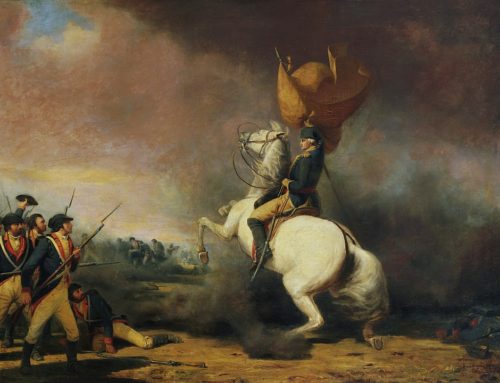The New York Times reported today that anti-Semitism and racial divide has split the women’s movement so badly that it undermines its effectiveness. Vanessa Wruble, a Jewish Brooklyn based activist, was pushed out of the leadership group despite being a founding member. In the course of the article, the issue of racial divide also surfaced.
A the first meeting, Tamika Mallory, a black gun control activist and Carmen Perez, a Latina criminal justice reform activist, said “Jews needed to confront their own role in racism.” Charges of anti-Semitism are now roiling the women’s movement and overshadowing plans for more marches next month.
After being pushed out, Ms. Wruble founded another organization called March One that is stressing its denunciation of anti-Semitism.
Ms. Mallory has received criticism for attending an event organized by Louis Farrakhan, the leader of the Nation of Islam. Ms. Mallory described Farrakhan has the “greatest of all time” on social media.
Teresa Shook, a white woman from Hawaii and an early supporter of the Women’s March group, called for Ms. Mallory and Ms. Perez to step down.
Ms. Mallory and Ms. Perez said to the New York Times “Since that conversation, we’ve all learned a lot about how while white Jews, as white people, uphold white supremacy, ALL Jews are targeted by it.”
Now Women’s March activists are grappling with how they treat Jews — and whether they should be counted as privileged white Americans or “marginalized” minorities, especially in the aftermath of the October mass shooting in Pittsburgh, when 11 people were gunned down at their synagogue.
Tensions around identity have swirled around the Women’s March from its earliest days. Black and Latina women complained on Facebook that white women were planning a march without their input, and that mainstream feminists had long ignored their needs.
Ms. Mallory and Ms. Perez said: “Jews were active in the slave trade. They quoted a book by Louis Farrakhan. Of course, Farrakhan’s book is rubbish–the Jewish population until the great German Migration of the 1850’s was minimal. The slave trade stopped in the 1830’s.
Behind the scenes, Ms. Wruble said she felt cast aside.
She said she was told by one of the march leaders that “we really couldn’t center Jewish women in this or we might turn off groups like Black Lives Matter.” While Black Lives Matter is a diffuse movement, some activists have issued statements expressing solidarity with Palestinians under Israeli occupation
As the march grew closer, Ms. Perez gathered a diverse group of activists who created a set of “unity principles” that would tie all marchers together and highlight those viewed as the most vulnerable at the time.
“We must create a society in which all women — including Black women, Indigenous women, poor women, immigrant women, disabled women, Muslim women, lesbian, queer and trans women — are free,” it read.
Ms. Wruble noticed that Jewish women were not included, but said she was too busy with logistics for the march to focus on it.
Ms. Mallory and Ms. Perez began berating Ms. Wruble, according to Evie Harmon, a white woman who helped organize the march, and who attended the meeting at Ms. Mallory’s apartment complex.
“They were talking about, ‘You people this,’ and ‘You people that’ and the kicker was, ‘You people hold all the wealth.’ I was like, ‘Oh my God, they are talking about her being Jewish,’” said Ms. Harmon, whose account was first published by Tablet. “The greatest regret of my life was not standing up and saying ‘This is wrong.’”
Ms. Mallory denied that she disparaged Ms. Wruble’s Jewish heritage in that meeting, but acknowledged telling white women there that she did not trust them.
Clearly, for the women’s movement to succeed it needs new leadership that focuses on what women have in common and not their differences. It is counterproductive to want a coalition of the various racial, religious, and ethnic groups that constitute America and then belittle members because of their differences. I feel badly that the women’s movement is now fragmented because for women to seek equality they need to highlight their grievances as women.



